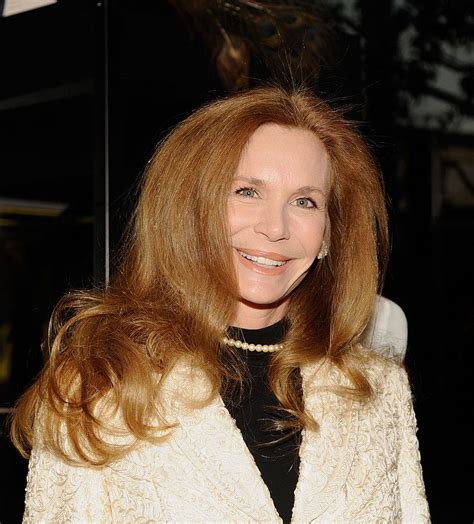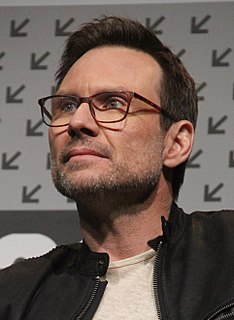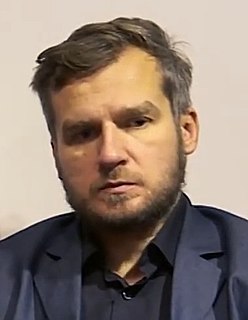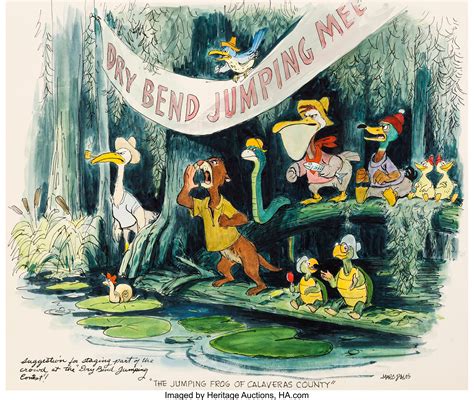A Quote by Noam Chomsky
The earthquake in Haiti was a class-based catastrophe. It didn't much harm the wealthy elite up in the hills, they were shaken but not destroyed. On the other hand the people who were living in the miserable urban slums, huge numbers of them, they were devastated. Maybe a couple hundred thousand were killed. How come they were living there? They were living there because of-it goes back to the French colonial system-but in the past century, they were living there because of US policies, consistent policies.
Quote Topics
Back
Based
Because
Catastrophe
Century
Class
Colonial
Come
Consistent
Couple
Destroyed
Devastated
Earthquake
Elite
French
Goes
Haiti
Hand
Harm
Hills
How
Huge
Huge Numbers
Hundred
In The Past
Living
Maybe
Miserable
Much
Numbers
Other
Past
People
Policies
Shaken
Slums
System
Them
Thousand
Up
Urban
Us
Wealthy
Were
Related Quotes
At the beginning of the 20th century, before the migration began, 90 percent of all African-Americans were living in the South. By the end of the Great Migration, nearly half of them were living outside the South in the great cities of the North and West. So when this migration began, you had a really small number of people who were living in the North and they were surviving as porters or domestics or preachers - some had risen to levels of professional jobs - but they were, in some ways, protected because they were so small.
These boys, now, were living as we'd been living then, they were growing up with a rush and their heads bumped abruptly against the low ceiling of their actual possibilities. They were filled with rage. All they really knew were two darknesses, the darkness of their lives, which were now closing in on them, and the darkness of the movies, which had blinded them to that other darkness, and in which they now, vindictively, dreamed, at once more together than they were at any other time, and more alone.
I was brought up by a Victorian Grandmother. We were taught to work jolly hard. We were taught to prove yourself; we were taught self reliance; we were taught to live within our income. You were taught that cleanliness is next to Godliness. You were taught self respect. You were taught always to give a hand to your neighbour. You were taught tremendous pride in your country. All of these things are Victorian values. They are also perennial values. You don't hear so much about these things these days, but they were good values and they led to tremendous improvements in the standard of living.
It was life under the Soviet system - we were struggling with every big problem. Publicly, my parents had to queue up to buy food, but were able to live secret lives in their private rooms. With the TV set in the living room, we were able to see Western pop culture -a different reality from what we were living. For me, it was like two different universes existed at the same time, and we got used to being in these parallel universes.
There were days - she could remember this - when Henry would hold her hand as they walked home, middle-aged people, in their prime. Had they known at these moments to be quietly joyful? Most likely not. People mostly did not know enough when they were living life that they were living it. But she had that memory now, of something healthy and pure.
I think the entrepreneurial activities that make art visible and attractive are what lure people into the amusement park that SoHo has become or that Bushwick or Williamsburg has become. It's not that outsiders come to an area because they hear artists are living there. A lot of people came who were not that interested in living with artists, but they were interested in living like artists and socializing the way that they thought artists socialized.





































